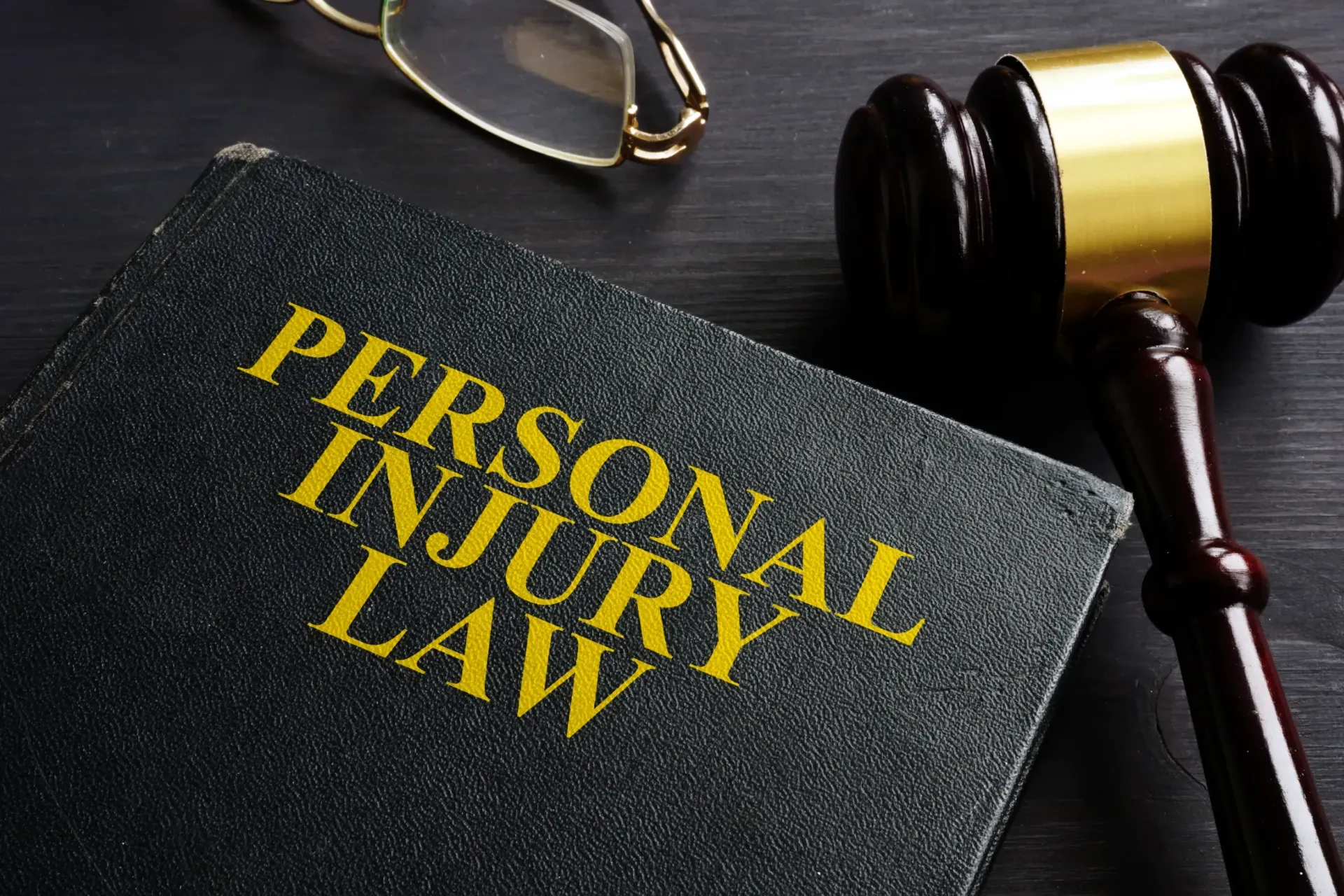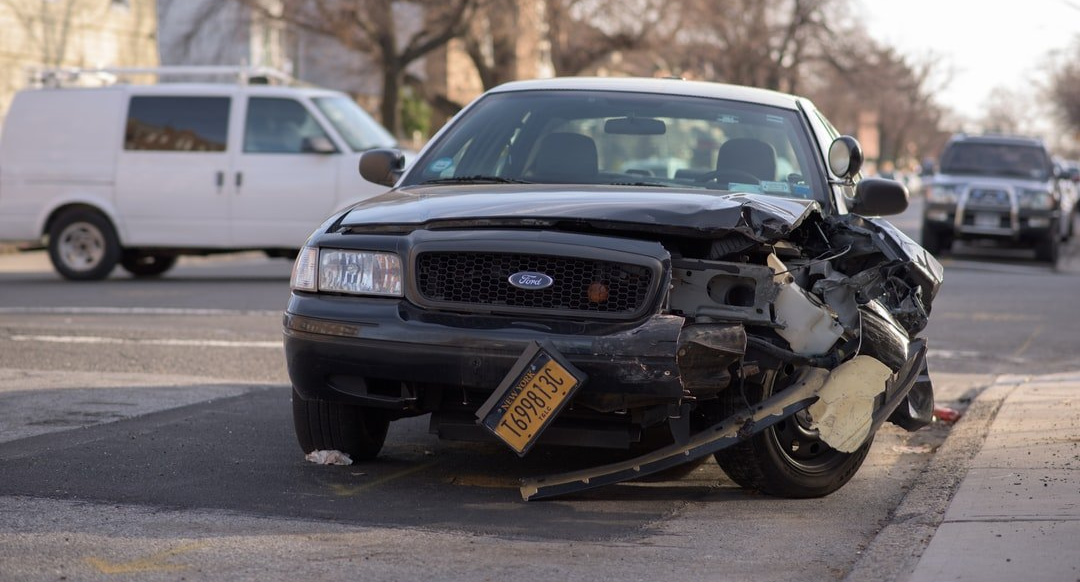Dealing With Racial Discrimination at Work in Houston
Equality in the Workplace: Your Right
Racial discrimination in the workplace can create a toxic environment, affecting your well-being and career. If you’re in Texas, finding the right Houston discrimination lawyer can make a big difference.
It’s important to know that you’re not alone in this fight. By taking action against racial discrimination, you’re standing up for yourself and helping to create a more inclusive and respectful workplace for everyone.
Quick Summary
Below is an overview of the critical points of this blog article.
- Racial discrimination is treating people unfairly because of their race, where they’re from, or their ethnicity.
- To recognize racial discrimination at work, look for signs like different treatment based on race, unintentional harm to one race from company rules, racial harassment, punishment for reporting discrimination, and stereotyping based on race.
- Federal and state laws, including the Civil Rights Act of 1964 and the Texas Constitution, protect against racism at work in Texas.
- To report racial discrimination in Texas, start by talking to your employer or HR department. You can also file a complaint with EEOC or TWC.
- To gather evidence for a discrimination claim, keep detailed records of any discriminatory incidents, conversations with witnesses or HR, and positive performance reviews. Save emails or messages showing discrimination, ask witnesses for statements, review company policies, and consider seeking legal advice to understand your rights and build a strong case.
- In Texas, you have 180 days to file a discrimination claim with the TWC-CRD or EEOC from when you believe the discrimination happened. For federal claims, you have 300 days to file with the EEOC or state agency from when you believe the discrimination happened.
- In a workplace discrimination case, you can seek compensation for various losses such as back pay, front pay, lost benefits, and damage for emotional distress.
What is Racial Discrimination?
Racial discrimination in Texas and across the United States means treating people unfairly or differently because of their race, where they’re from, or their ethnicity. This can happen in several ways, like refusing to hire someone, giving better treatment and benefits to some employees, or creating a difficult work environment for someone based on their race.
Those who are protected by law from this kind of treatment are often the ones who experience it. Protected classes include people of a certain race, color, national origin, sex, gender, religion, age, disability, or pregnancy status.
What Are the Common Signs of Racial Discrimination?
To fight against racial discrimination at work, it’s important to be able to identify it. Here are some common signs of racial discrimination.
- Disparate Treatment- Disparate or discriminatory treatment happens when an employee is treated differently than other employees in similar situations because of their race. For instance, an employer might punish or fire a Latino worker for something that white coworkers have also done without facing consequences.
- Disparate Impact- When a company’s rules or actions harm a specific race more than others, it’s called disparate impact. For example, if a job requires a test and most of the people who fail belong to one race, it could be disparate impact. Usually, this kind of discrimination is not on purpose.
- Harassment- Unwanted behavior based on a person’s race can be considered harassment. This includes using racial insults, telling racist jokes, or making offensive comments about someone’s race at work. It also includes showing symbols that are offensive to a particular race or ethnic group.
- Retaliation- It’s called retaliation when an employer punishes an employee for reporting discrimination or filing a complaint about it. This can include demoting, firing, cutting pay, or changing the job significantly as a form of retaliation.
- Stereotyping- Stereotyping can happen at work in different ways. An employer might judge an employee’s skills based on their race or suggest certain behaviors or interests based on their racial group. Stereotyping can happen among coworkers or managers.
What Laws Protect Against Racism at Work in Texas?
Both federal and state laws prohibit racism at work.
- Federal Protection
- Civil Rights Act of 1964
- Title VII of the Civil Rights Act of 1964 is an important federal law that helps protect employees from racial discrimination at work. According to Title VII, employers with 15 or more employees are not allowed to discriminate against someone because of their race, religion, gender, color, national origin, age, or genetic information.
- State Protection
- Texas Constitution
- The Equal Rights Amendment in the Texas Constitution stops discrimination based on race, ethnicity, and other protected characteristics.
- EEOC and TWC
- The Equal Employment Opportunity Commission (EEOC) is a national organization that enforces Title VII and other anti-discrimination laws at work. Texas also has a state agency called the Texas Workforce Commission (TWC) that does similar work.
- At-Will Employment
- In Texas, employment is “at-will,” which means employers can legally fire employees at any time and for any lawful reason.
How Can I Report Racial Discrimination?
The steps and rules for reporting racial discrimination differ from state to state. In Texas, the process usually involves these steps:
- Talk to Your Employer
- If you think you’re being treated unfairly because of your race, first talk to your supervisor or HR department. Depending on where you work, you might need to do this in person or in writing.
- Hopefully, they can deal with the problem and protect you from more discrimination. Make sure you accurately describe the incident and what happened when you tell them.
- File a Complaint With an Agency
- If the problem isn’t fixed after talking to your employer, you can file a formal complaint. The Equal Employment Opportunity Commission (EEOC) is the national agency that investigates workplace discrimination claims. You usually have 180 days from the date the discrimination occurred to file with the EEOC, but exceptions exist.
- In Texas, the Texas Workforce Commission (TWC) enforces state laws. Its Civil Rights department investigates discrimination claims. Like the EEOC, the TWC allows victims to file a complaint 180 days after the harassment occurred.
- Consider Legal Action
- Consider taking legal action if you’ve talked to your employer and filed a complaint, but the problem isn’t fixed. Before you go to court, speaking to a Houston discrimination lawyer about your experience and case details is a good idea.
How Should I Gather Evidence for My Discrimination Claim?
If you think you’re facing racial discrimination at work or you’re sure you’ve been a target of bias for a while, it’s essential to gather evidence. The evidence you collect could be crucial in proving race discrimination in your case, so start keeping track of things as soon as possible.
- Keep Records of Everything
- When you start to suspect discrimination, begin keeping a record of everything related to it. This includes noting down the dates, times, and locations of any discrimination incidents and any conversations with witnesses or HR about the issue.
- Keep any positive performance reviews you receive, as they could be helpful if your employer claims you didn’t perform well.
- Save Emails, Messages, and Letters
- Save any messages that indicate racial discrimination. These could be from coworkers, your employer, or general workplace messages.
- Ask Witnesses to Give Statements
- If someone saw the discrimination, getting their version of what happened is essential. This can help support and even prove your side of the story.
- Review Your Company’s Policies
- During company training, it’s essential to thoroughly review all the policies related to racial discrimination. If an employee believes there’s discrimination, they should review the company’s anti-discrimination and anti-harassment policies to make sure.
- This could be useful if the employer has broken their rules, as it can help build a case.
- Seek Legal Help
- Dealing with racial discrimination is very tough. By working with a lawyer who knows about racial discrimination laws, you can learn more about your rights and prepare a case to protect yourself.
What is Texas’s Deadline for Filing a Discrimination Claim?
To keep your claim under state law, you need to file with the TWC-CRD (or EEOC) within 180 days of when you think you were discriminated against. For federal law, you must file with the EEOC (or state agency) within 300 days of when you think you were discriminated against.
What Damages Can I Get From My Discrimination Case?
Here are some of the common types of compensation you can ask for in a workplace discrimination case:
- Back Pay
- “Back pay” means the money you lost because of discrimination, from when the discrimination happened until the case is settled or decided in your favor.
- Front Pay
- This means the money you’ll lose because of discrimination in the future. Front pay is like compensation for the wages you’ll probably miss out on because of the discrimination. The end date for front pay depends on how long you keep losing wages.
- Lost Benefits
- In a workplace discrimination case, you might also get money for lost benefits. These benefits include health insurance, dental and vision coverage, retirement or 401k plans, stock options, and other profit-sharing plans.
- Emotional Distress
- In workplace discrimination cases, victims might suffer emotional distress along with financial losses. Emotional distress can include feelings like depression, anxiety, trouble sleeping, loss of enjoyment in life, harm to your reputation, and difficulties in relationships with family and friends.
Stand Up Against Racial Discrimination at Work in Texas
If you’re facing racial discrimination at work in Texas, Leeds Law Firm is here to help. Our trusted Houston discrimination lawyer understands your challenges and can provide you with the support and guidance you need to seek justice.
We have a proven track record of successfully handling discrimination cases and will fight tirelessly to protect your rights. Don’t let discrimination hold you back any longer. Contact Leeds Law Firm today to schedule a free consultation and learn more about how we can assist you in dealing with workplace racial discrimination.













